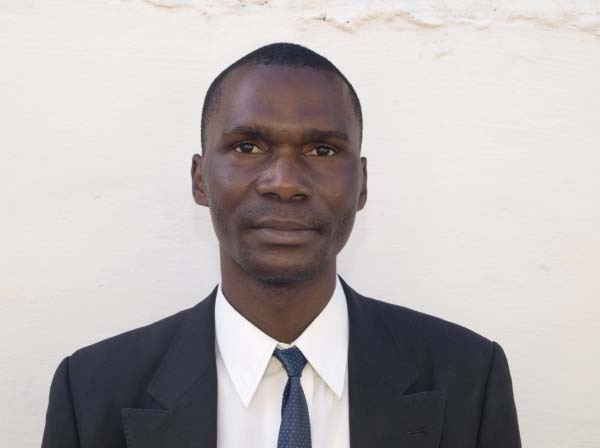By Nicholas Bass
The Supreme Court of The Gambia, presided over by Chief Justice Hassan B. Jallow, on Thursday adjourned the civil suit challenging the legality of the 2025 national budget process. The case was brought by four civil society advocates: Sait Matty Jaw, Madi Jobarteh, Pa Samba Jow, and Baboucar Nyang, who are seeking constitutional clarity on whether the National Assembly acted within its powers by allowing a delayed submission of the 2025 budget estimates.
The plaintiffs filed the suit against the Clerk of the National Assembly, the Minister of Finance and Economic Affairs, and the Attorney General. They are requesting a declaration from the court on whether the Speaker of the National Assembly has the authority—under the amended Section 152 of the Constitution—to extend the constitutionally mandated deadline for tabling the national budget.
Representing the plaintiffs, lawyer Abdoulie Fatty argued that the Constitution requires the President to ensure that the Minister of Finance lays the national budget before the National Assembly “at least sixty days before the end of the financial year.” He maintained that this provision is mandatory and not discretionary.
Fatty further argued that despite the common perception that parliamentary procedures are a “closed book,” the Constitution vests ultimate judicial authority in the courts. Citing Article 125(3) of the 1997 Constitution, he emphasized that “neither the President, Parliament, nor any of their organs or agencies shall be granted final judicial power.”
He added that the Supreme Court retains the constitutional authority to review parliamentary actions that involve justiciable and constitutional matters. Fatty cited Section 108 of the Constitution, asserting that the National Assembly operates within the bounds of the law and is subject to judicial scrutiny when warranted.
He criticized the Clerk of the National Assembly for asserting that parliamentary procedures are beyond judicial review, describing such a claim as erroneous and inconsistent with constitutional principles.
In response, lead state counsel J.O. Okete acknowledged that the Finance Minister did miss the 60-day constitutional deadline for submitting the budget. However, he attributed the delay to ongoing negotiations with the World Bank and the International Monetary Fund (IMF), which he said were critical to shaping the 2025 budget.
Okete questioned whether the conduct of the Speaker falls within the jurisdiction of the Supreme Court. He referenced Order 8 of the National Assembly Standing Orders, which grants the Speaker discretionary power to decide on procedural matters not explicitly covered by the Standing Orders.
He contended that the court lacks jurisdiction to hear the case, noting that failure to pass the national budget in a timely manner would have severe consequences for the Gambian public. Okete also argued that the plaintiffs failed to properly invoke the court’s original jurisdiction and ignored the procedural autonomy granted to the National Assembly under Section 108(2) of the Constitution.
“The late budget submission does not invalidate the actions of the Speaker or the National Assembly,” Okete told the court, urging dismissal of the case with costs.
The matter has been adjourned for judgment.





